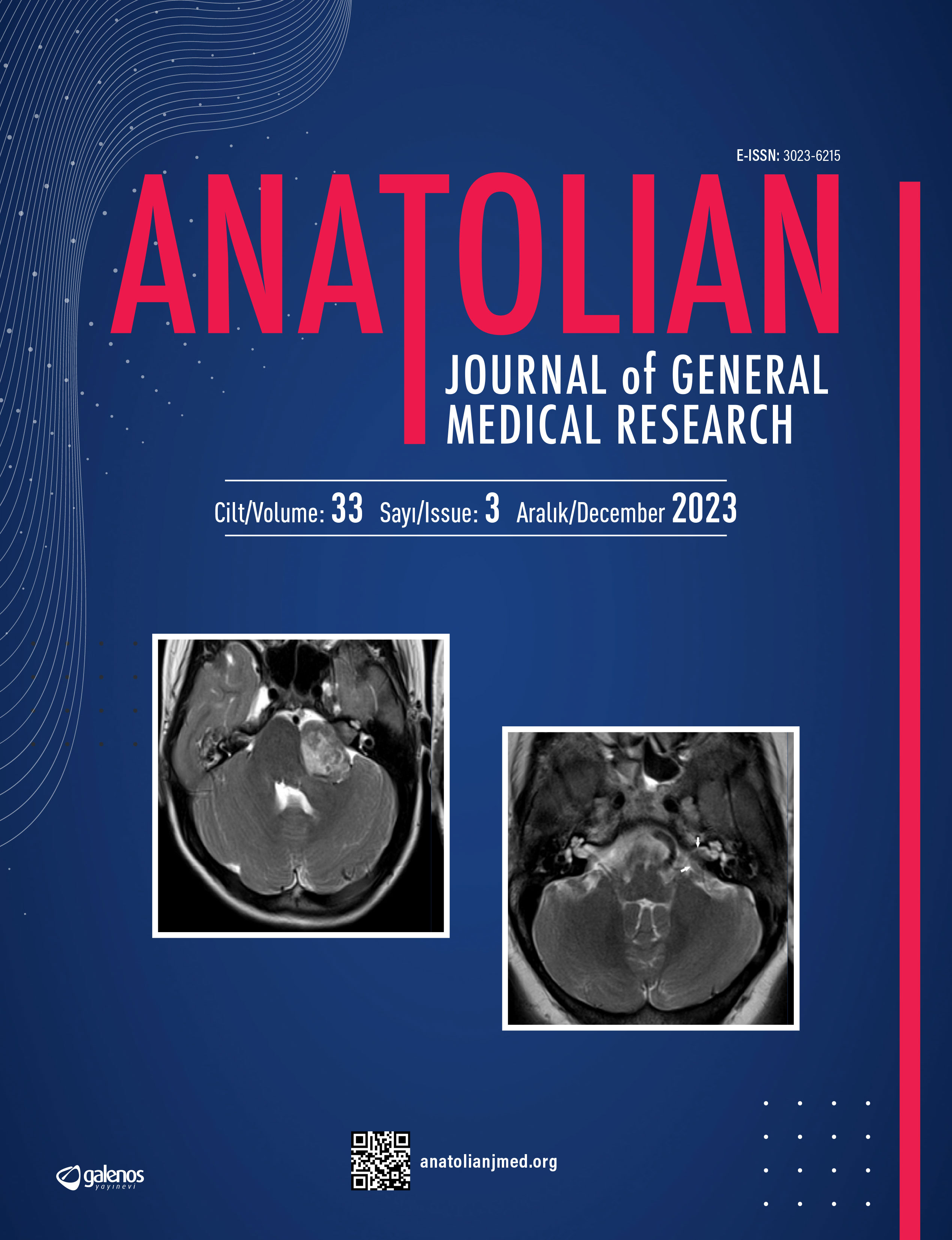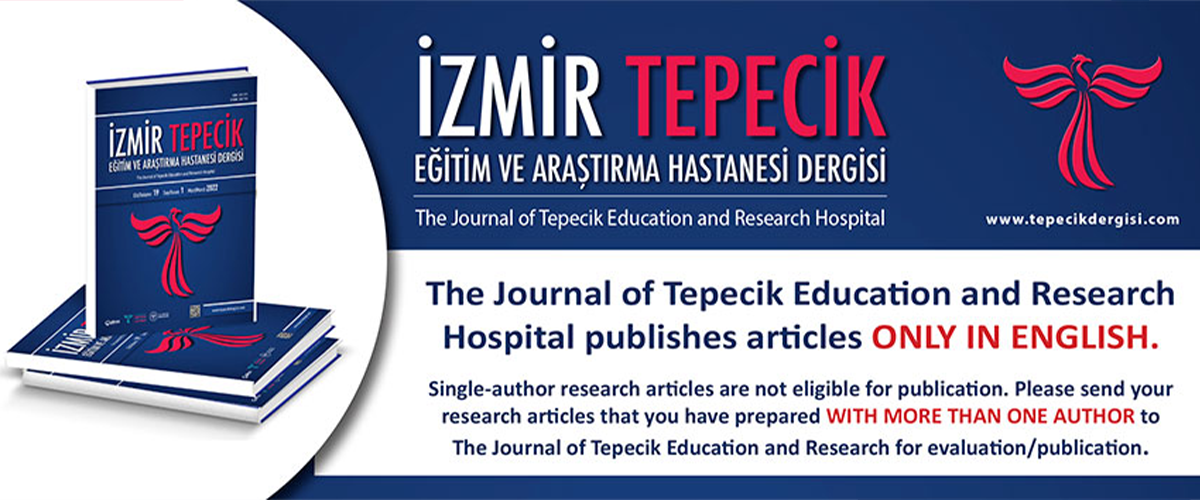








Evaluation of Risk Factors Affecting Metabolic Alkalosis in Infantile Hypertrophic Pyloric Stenosis
Oktay Ulusoy1, Efil Aydın1, Ayşe Guneş Karakurt21Dokuz Eylül University Faculty of Medicine, Department of Pediatric Surgery, İzmir, Turkey2Afyonkarahisar Government Hospital, Clinic of Pediatric Surgery, Afyonkarahisar, Turkey
Objective: The cardinal sign of infantile hypertrophic pyloric stenosis (IHPS) is projectile non-bilious vomiting, which may lead to severe dehydration, electrolyte imbalance, acid-base balance disorder as metabolic alkalosis, malnutrition, growth delay and retardation. We investigated the risk factors for developing metabolic alkalosis and the effectiveness of the operative procedures, i.e., open vs. laparoscopic pyloromyotomy.
Methods: The data of 30 infants with IHPS who were treated with Ramstedt’s and laparoscopic pyloromyotomy between January 2014 and March 2022 were reviewed retrospectively. Demographic characteristics, blood chemistry, pyloric muscle thickness and length measurements by ultrasonography were recorded.
Results: Metabolic alkalosis was present in the first blood gas analysis in 20 (66.7%) of the cases. When the patients were evaluated in terms of metabolic alkalosis, no statistical difference was found regarding prenatal age, body weight, and length of stay. In patients with metabolic alkalosis, duration of symptoms was significantly long (p<0.001), serum lactate level (p=0.016) and chlorine level (p=0.006) were significantly high. Pyloric muscle thickness (p=0.019) and pyloric muscle length (p=0.004) measured using ultrasonography were significantly increased in the metabolic alkalosis group.
Conclusion: Metabolic alkalosis is an important parameter in determining the severity of the disease in IHPS. In the present study, it has been shown that length of symptom duration, increase in pyloric muscle thickness and muscle length, increase in serum lactate levels and low serum chloride levels are risk factors for developing metabolic alkalosis.
Corresponding Author: Oktay Ulusoy, Türkiye
Manuscript Language: English
(371 downloaded)




